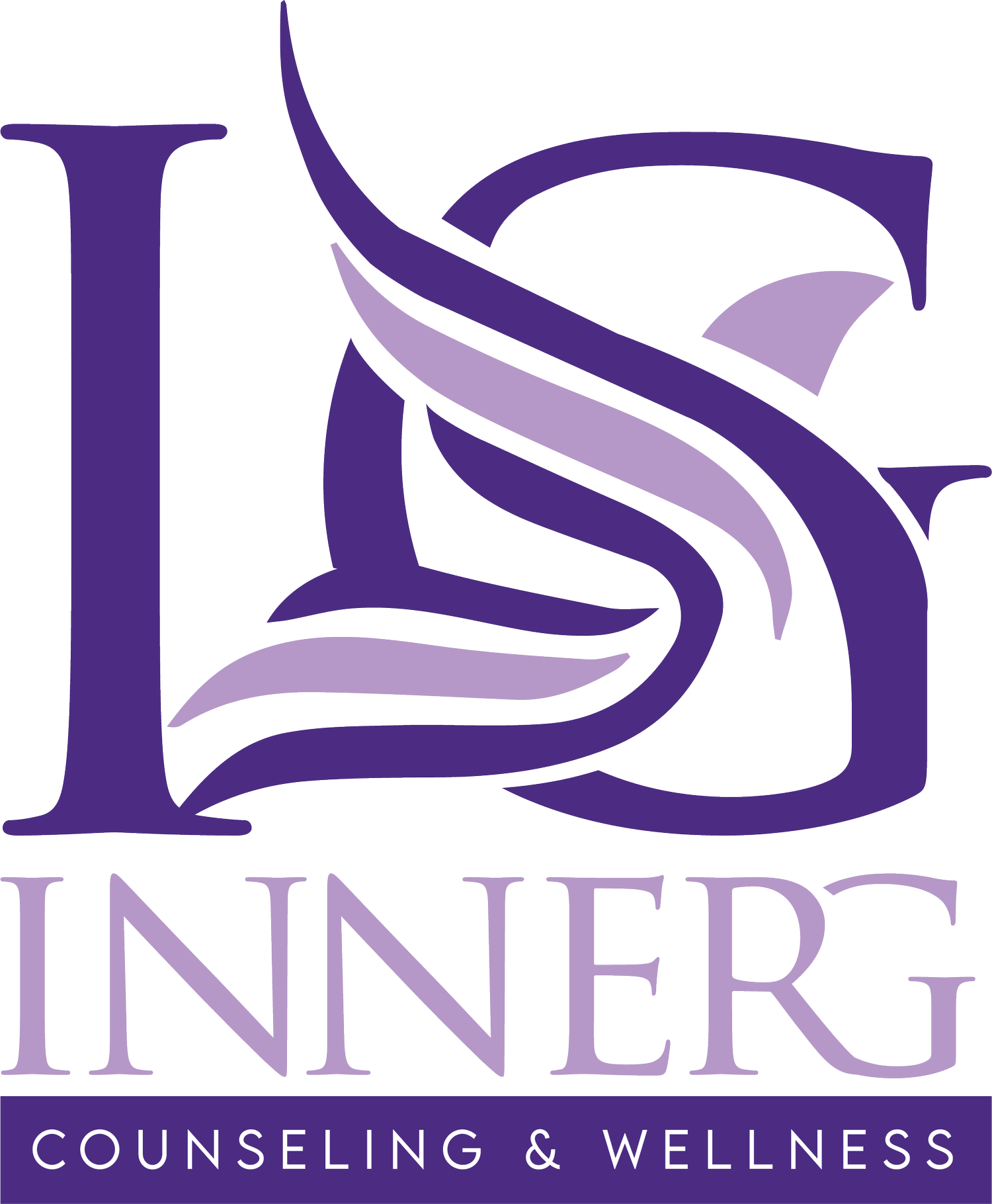Redefining Wellness: Exploring the Dynamic Relationship of Depression, Lifestyle, and Physical Health
Depression is a complex journey, influenced by various factors. While the debate continues regarding genetics versus environmental triggers, one undeniable link exists—the intricate connection between depression, lifestyle, and physical health. In this article, we'll explore the profound impact of depression on heart disease, stroke, cancer, diabetes, eating disorders, and substance abuse. Let's unravel the threads that bind them together and shed light on this vital understanding.
Heart Disease and Depression: A Tangled Web
When it comes to matters of the heart, depression casts its shadow, affecting both patients who have experienced a heart attack and those with coronary heart disease. Shockingly, 40 to 65 percent of heart attack survivors grapple with depression, while 18 to 20 percent of individuals with coronary heart disease, but no heart attack history, also experience its weight. Tragically, those with clinical depression following a heart attack face a grim reality—a three to four times higher risk of mortality within six months. Furthermore, while both men and women face an increased risk of coronary artery disease, it is men who bear the burden of a greater likelihood of death.
Stroke and Depression: Navigating the Aftermath
In the aftermath of a stroke, the emotional toll can be overwhelming. Approximately 10 to 27 percent of stroke survivors find themselves grappling with depression, often enduring its presence for about a year. Within two months of a stroke, an additional 15-40 percent experience depressive symptoms. Astonishingly, individuals reporting five or more depressive symptoms face a staggering 50 percent risk of stroke-related mortality in the subsequent 29 years. The journey to recovery becomes intertwined with the battle against depression.
Cancer and Depression: Illuminating the Shadows
Within the realm of cancer, depression casts its shadow on one in four individuals. The intricate nature of this connection is often overlooked, as depressive symptoms can be mistakenly attributed to cancer itself or side effects of treatments like corticosteroids and chemotherapy. As cancer wages its battle, the emotional toll becomes entangled with physical manifestations such as appetite and weight loss, insomnia, and profound loss of energy. Recognizing the presence of depression within the cancer journey becomes crucial for holistic care.
Diabetes and Depression: Navigating Dual Challenges
The dual challenges of diabetes and depression often intersect, creating a complex path to navigate. People with adult-onset diabetes face a 25 percent chance of developing depression. Even more alarmingly, as many as 70 percent of patients grappling with diabetic complications also endure the weight of depression. The intertwining of these conditions calls for a comprehensive approach to address both physical and emotional well-being.
Eating Disorders and Depression: A Fractured Mirror
The bond between depression and eating disorders, particularly anorexia and bulimia nervosa, is profound, especially among women. Research reveals a strong relationship, highlighting how the emotional and mental battle within individuals intertwines with their relationship with food. Recognizing the complexities of this connection becomes pivotal in offering comprehensive support and treatment.
Substance Abuse and Depression: Breaking the Chains
Within the intricate web of depression, one in three individuals finds themselves grappling with substance abuse or dependence. These intertwined battles create a challenging landscape where emotional struggles and self-medication intersect. Acknowledging the profound connection between depression and substance abuse opens the door to holistic healing and recovery.
Empowerment through Knowledge
Understanding the interplay between depression, lifestyle, and physical health empowers us to navigate these challenges with grace and resilience. By shedding light on these connections, we can offer support, compassion, and comprehensive care to those on this journey. Let's break the silence, share our stories, and uplift one another.
If this article resonates with you or someone you know, I encourage you to share it. Together, we can create a community of support and understanding, ensuring that no one feels alone in their battle. Leave a comment below to share your thoughts, experiences, or any insights you may have. Together, we can illuminate the path toward healing and empowerment.
Remember, you are not alone in this journey. You possess the strength to conquer the shadows and emerge into the light, where healing and hope reside. Keep shining your inner brilliance!


